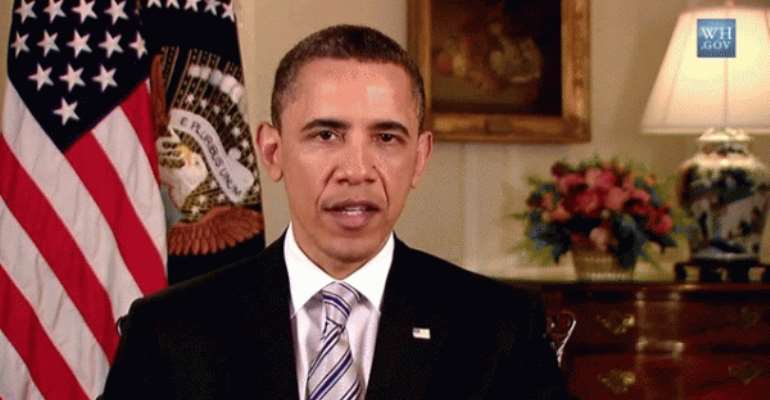US government shuts down

The United States government partially shut down for the first time in 17 years on Tuesday as President Barack Obama and congressional Republicans failed to agree over healthcare reforms.
The development closed many government offices, museums and national parks and slowed everything from trade negotiations to medical research.
In Washington, museums were closed to tourists and police erected barriers around landmarks like the Lincoln Memorial.
Federal agencies were directed to cut back services and up to 1 million workers were put on unpaid leave. The stalemate sparked new questions about the ability of a deeply divided Congress to perform its most basic functions.
Republicans in the House of Representatives had tried to tie renewal of government funding to measures undermining President Barack Obama's signature health care law, while the Democratic-controlled Senate repeatedly rejected those efforts.
If Congress can agree to a new funding bill soon, which Obama insists not be tied to the reforms, the shutdown would last days rather than weeks, with relatively little impact on the world's largest economy.
But no signs of compromise emerged immediately as the Democratic-controlled Senate formally rejected an offer by House Republicans to break the logjam.
'This shutdown was completely preventable. It should not have happened,' Obama wrote in a letter to government employees.
The political crisis raised fresh concern about whether Congress can meet a crucial mid-October deadline to raise the government's $16.7 trillion debt ceiling. Some Republicans have vowed to make that also conditional on defunding Obama's healthcare reforms.
Failure to raise the debt limit would force the country to default on its obligations, dealing a blow to the economy and sending shockwaves around global markets.
After missing the midnight deadline to avert the shutdown, Republicans and Democrats in the House continued a bitter blame game, each side shifting responsibility to the other in efforts to redirect a possible public backlash.
The political stakes were particularly high for Republicans, who are trying to regain control of the Senate next year. Polls show they are more likely to be blamed for the shutdown, as they were during the last one in 1995 and 1996.
'Somebody is going to win, and somebody is going to lose,' said Quinnipiac University pollster Peter Brown. 'Going in, Obama and the Democrats have a little edge.'
